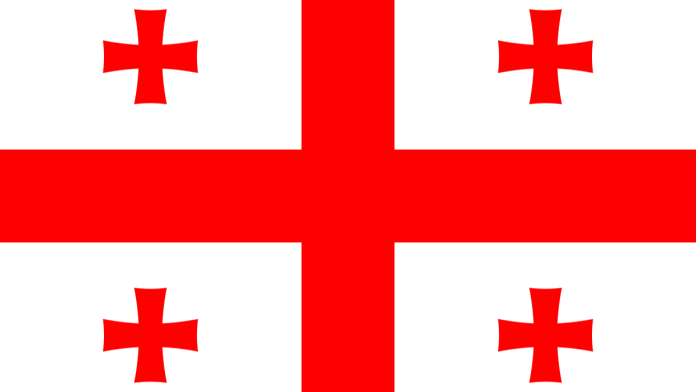“Today we congratulate the people of Georgia for their decades of targeted and sustained actions to eliminate malaria, one of the world’s leading killers,” said Dr. Tedros Adhanom Ghebreyesus, WHO Director-General. “Georgia’s commitment and success gives us hope that a malaria-free world is possible.”
The certification process requires a country to demonstrate that no indigenous malaria cases have been reported for at least three consecutive years. Georgia achieved this milestone in 2015, after successfully interrupting the transmission of the three main malaria parasite species: P. falciparum, P. malariae, and P. vivax.
This achievement is particularly significant for the WHO European Region, which is working towards becoming the first malaria-free region globally. “This doesn’t happen in a vacuum, this was made possible thanks to sustained investment, dedication of the health workforce and targeted efforts in prevention, early detection and effective treatment of all malaria cases,” said Dr. Hans Henri P. Kluge, WHO Regional Director for Europe.
Georgia’s success story dates back to the early 1900s with the introduction of systematic control efforts. However, the disease saw a resurgence during World War II and in the post-war period. Georgia launched an intensive post-war program to eliminate malaria with new medicines, insecticide spraying, and entomological surveillance. The campaign successfully interrupted the transmission of P. falciparum by 1953, P. malariae by 1960 and P. vivax by 1970.
Despite remaining malaria-free for 25 years, the disease re-emerged in 2002. Georgia responded by joining the WHO European Region’s Tashkent Declaration in 2005, reaffirming its commitment to eliminate malaria. Heightened interventions reduced malaria incidence, with the last indigenous case in 2009.
Georgia’s Minister of Health, Mikheil Sarjveladze, stated that malaria-free certification recognizes the sustainability of its healthcare system, implying that Georgia can address significant health challenges.
The WHO’s Technical Advisory Group on Malaria Elimination and Certification, which assessed Georgia’s malaria-free status, commended the country’s robust health system, strong public-private cooperation, and political commitment to maintaining a malaria-free status.






